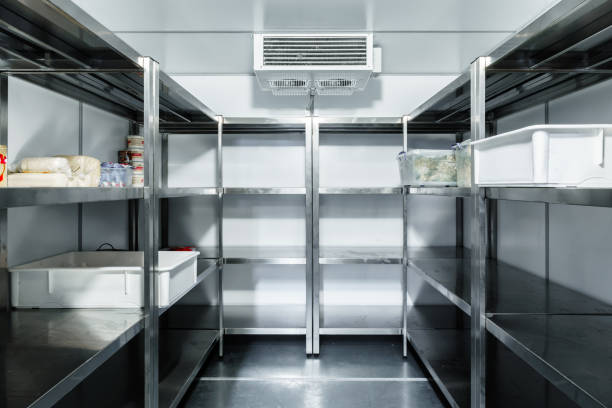All different types of produced and manufactured goods required to be transported over short or long distances. All of these cargoes get carried in freight or through marine transportation. Therefore, it is essential for marine cargo insurance and freight insurance to be put in place as you arrive at the destination if you may not arrive in the pristine condition that you left from the home station.
Cargo insurance is commonly known as marine cargo insurance; however, it doesn’t cover all the cost of the goods transported through the sea, but it also covers the insurance of the goods moved through rail, air, and road.
No doubt all the goods that need to be transported or packed carefully however there are many things beyond one’s control once the package is on its way. Many external factors such as the weather, mechanical breakdown, unprecedented fire and damage due to movement in the journey can impact the safety of the goods in transit. Although your freight carrier should be able to produce you with freight insurance, you need to be very sure of this aspect rather than assuming. Ensure that the right protection and any additional cover for the freight insurance are done prior to starting the movement of the products.
Some Different Types of Insurance
That to a significantly different type of insurance available, namely – Marine cargo insurance and land transport insurance.
Marine cargo insurance tends to cover the entire international leg of the full journey taken through the export shipment, whether it is by sea or by air. It protects you from the incurring of losses due to damage of goods through the process of loading and unloading or through transit.
Land transport insurance covers goods that are transported solely by rail or road. And it is only valid in the country and doesn’t cover the cost of any international transportation.
The Different Types of Policy
There are a few different policies: open cover policy, specific cargo policy, and contingency insurance policies.
- Open cover policy – it covers various consignments that are either renewable or permanent.
- Specific cargo policies – this covers individual consignments.
- Contingency insurance policy – this kind of policy covers the exporter as well as the seller; in the event that the buyer is responsible for ensuring the entire shipment and fails to do so or refuses to accept any damage to goods, then this policy works as it happens on the route.
The Different Types of Cover
Just as with any other type of insurance, there is a choice in what one may choose to cover using insurance.
- All risk coverage – The storm is a broad type of insurance that protects cargo from all types of physical losses and damages occurring to the cargo.
- Perils policy coverage – this type of cover only protects against specific types of risks named in the policy, such as weather, collision, fire or theft of the item.
General average cover – this is the type of cover that compensates the owner if the cargo vessel is damaged or lost while transporting the products. All the damages suffered due to an emergency could be recovered through this policy cover.



